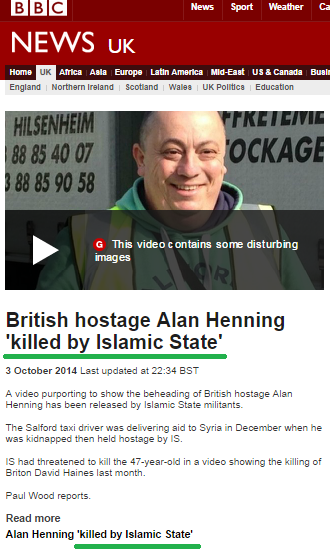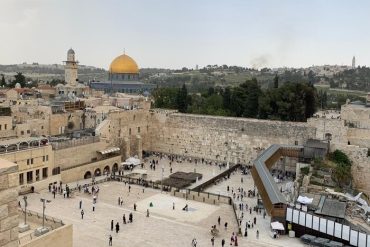1) At WINEP, Matthew Levitt analyses ‘The Death of a Hezbollah Lifer’.
“Born in 1961 or 1962, Fuad Shukr (aka Hajj Muhsin Chakar) spent his entire adult life moving up Hezbollah’s ranks as a terrorist operative, soldier, and commander. He was a founding member of the Islamic Jihad Organization, the group’s foreign operations element, joining the likes of Imad Mughniyah, Mustafa Badreddine, and Talal Hamiyah.
In that capacity, Shukr played a central role in early terrorist attacks, including against Americans. In October 1983—two years before Hezbollah formally announced its existence in an “open letter” pledging support for Iran’s Supreme Leader and threatening violence against the West—he helped plan and launch suicide truck bombings targeting U.S., French, and Italian peacekeepers, killing 241 personnel at the U.S. Marine barracks in Beirut along with 58 French personnel and 6 civilians (the Italian attack failed).”
2) Khaled Abu Toameh explains ‘Ismail Haniyeh’s Place in Palestinian Politics’ at the JCPA.
“At least two Palestinians have good reasons to be satisfied following the preemptive targeting of Ismail Haniyeh, head of Hamas’s “political bureau”: Palestinian Authority President Mahmoud Abbas and the head of Hamas in the Gaza Strip, Yahya Sinwar. For both, Haniyeh has long been a political rival whose departure from the Palestinian political arena will not be missed.”
3) The ITIC documents ‘Reactions to the Hezbollah Rocket Attack on Majdal Shams’.
“Hezbollah claimed responsibility for launching a Falaq 1 rocket at the headquarters of the Hermon Brigade, north of Majdal Shams. According to the organization, the attack was “in support of the Palestinians in the Gaza Strip” and in response to “enemy attacks on southern villages and safe houses, the latest of which was in Kafrkila”.
After the results of the attack on Majdal Shams became clear, Hezbollah published an unusual and false announcement claiming it had no involvement in the attack. The announcement claimed “the Islamic resistance in Lebanon categorically denies the claims reported in some of the enemy’s media and in certain other media regarding the damage to Majdal Shams, avers that the Islamic resistance had nothing whatsoever to do with the incident, and categorically denies all the false claims in this context”.”
4) At the INSS Yaron Schneider looks at the role of the Shiite militias in Iraq in the current war.
“Since early November 2023, after Hezbollah in Lebanon and the Houthis in Yemen became involved in the Swords of Iron war against Israel, pro-Iranian Shiite militias in Iraq have been targeting Israel with barrages of missiles and UAVs. This development signifies a transformation of the war between Israel and Hamas into a confrontation between Israel and the Shiite axis led by Iran. It also introduced another innovation: The Shiite militias in Iraq have signed off on their attacks on Israel, as well as on American military bases in Iraq and Syria since October 2023, as “The Islamic Resistance in Iraq”—a name that is similar to the “Islamic resistance in Lebanon” (Hezbollah’s moniker).”
5) UKLFI explains how the ‘ICC Prosecutor relied on implausible reports of Gaza famine in application for arrest warrants’.
“Karim Khan KC, the Prosecutor of the International Criminal Court (ICC), relied on implausible reports based on incomplete information suggesting famine was imminent in parts of Gaza, when he applied for arrest warrants against the Israeli Prime Minister and Defence Minister.”





